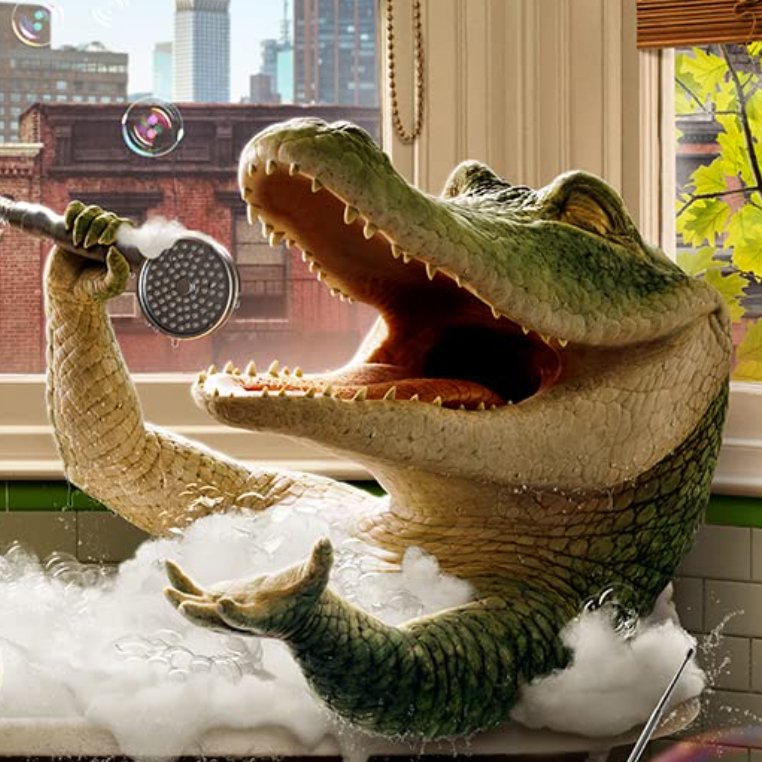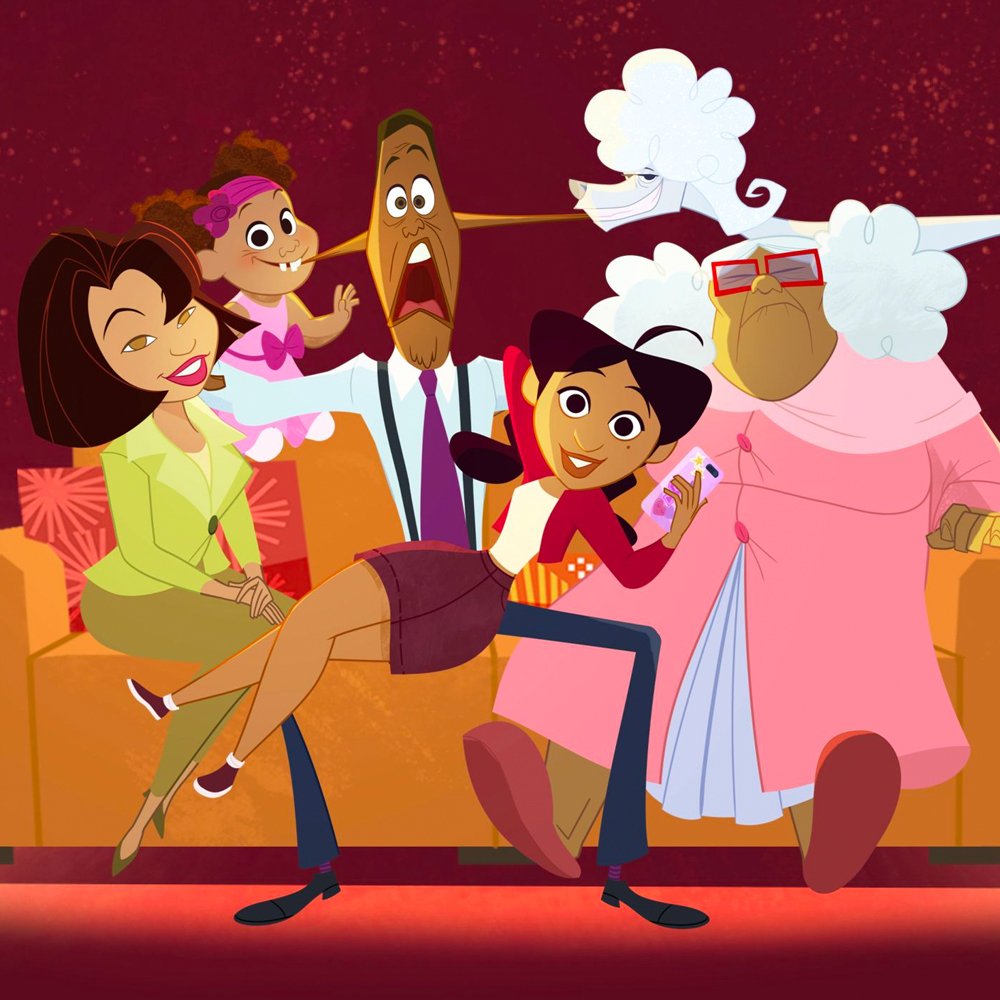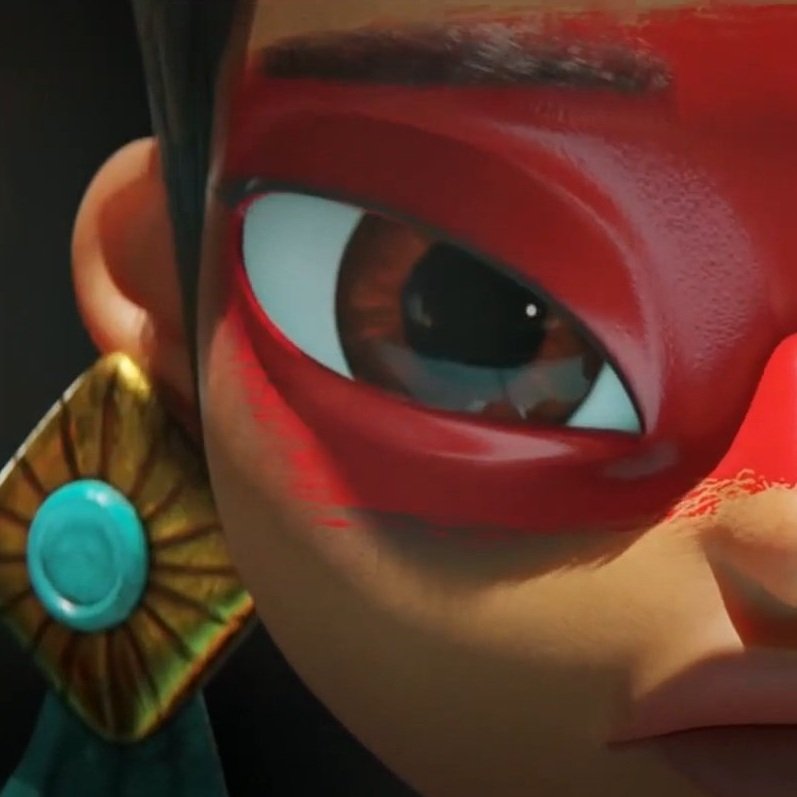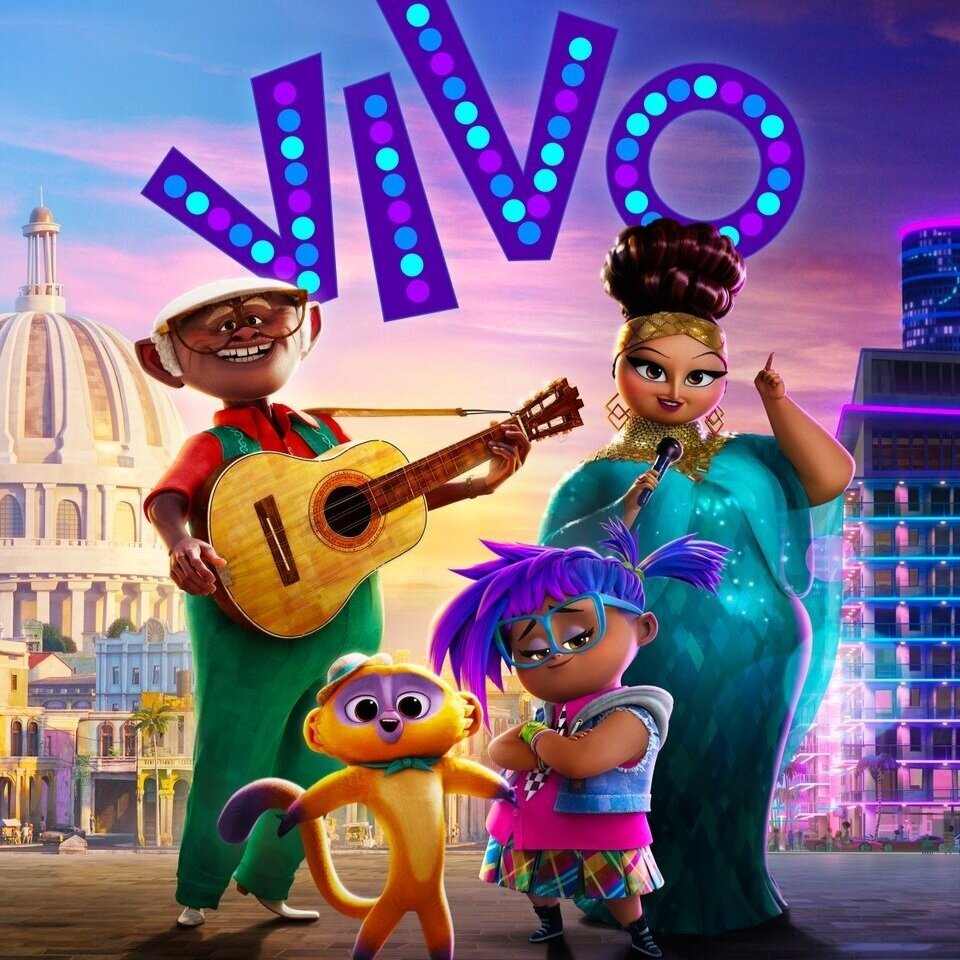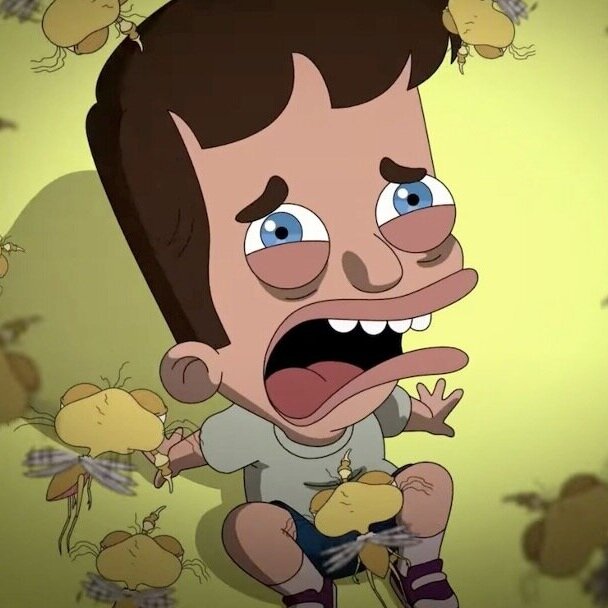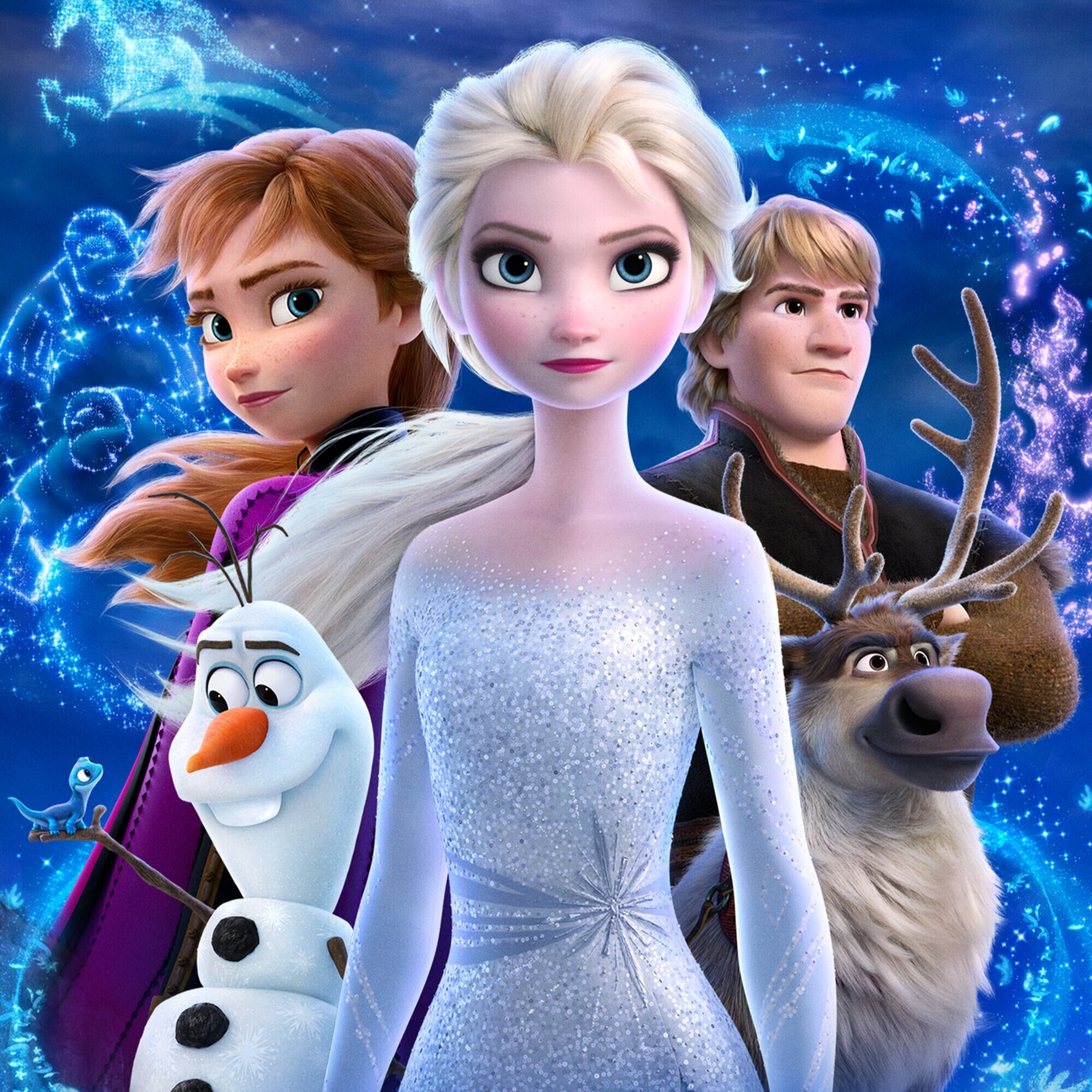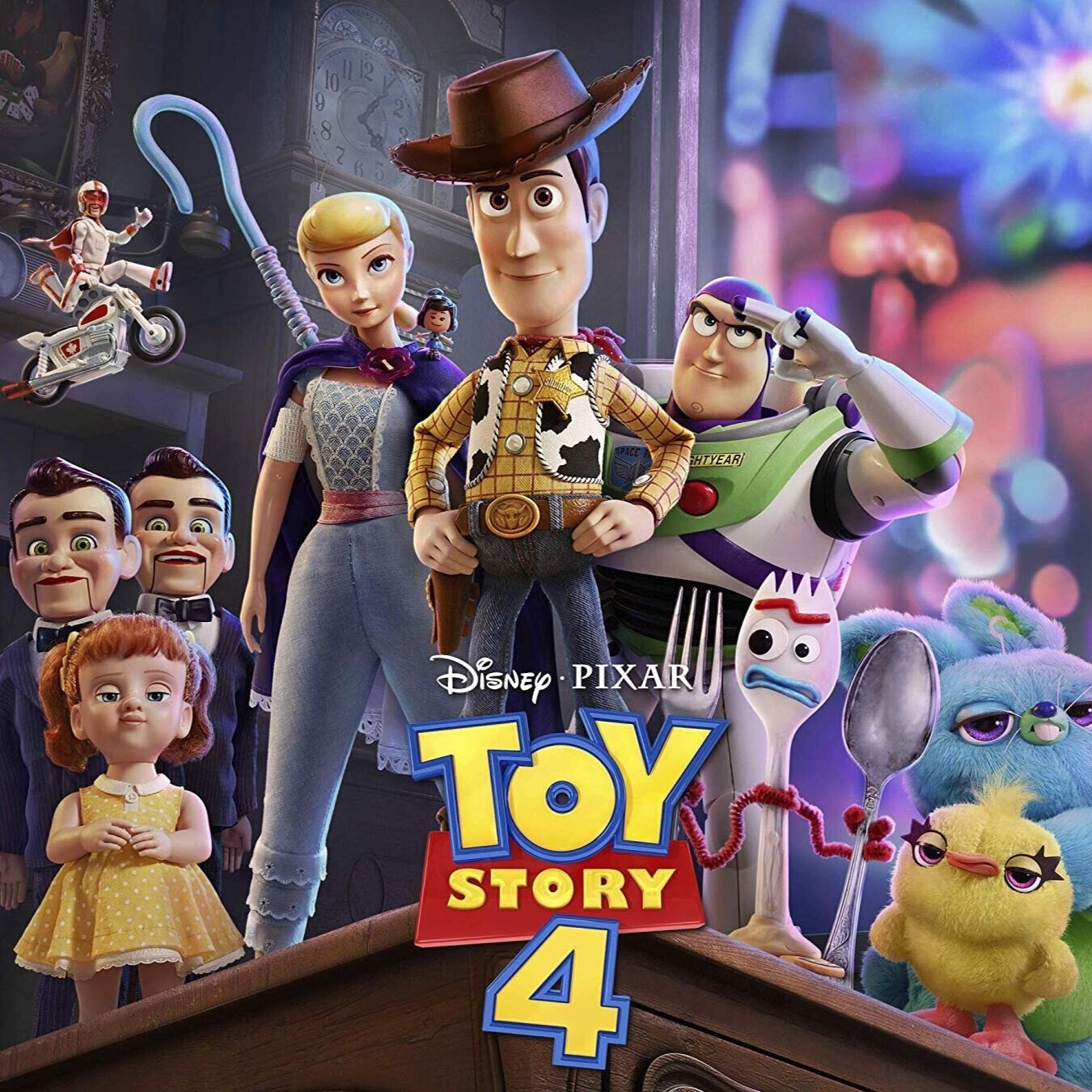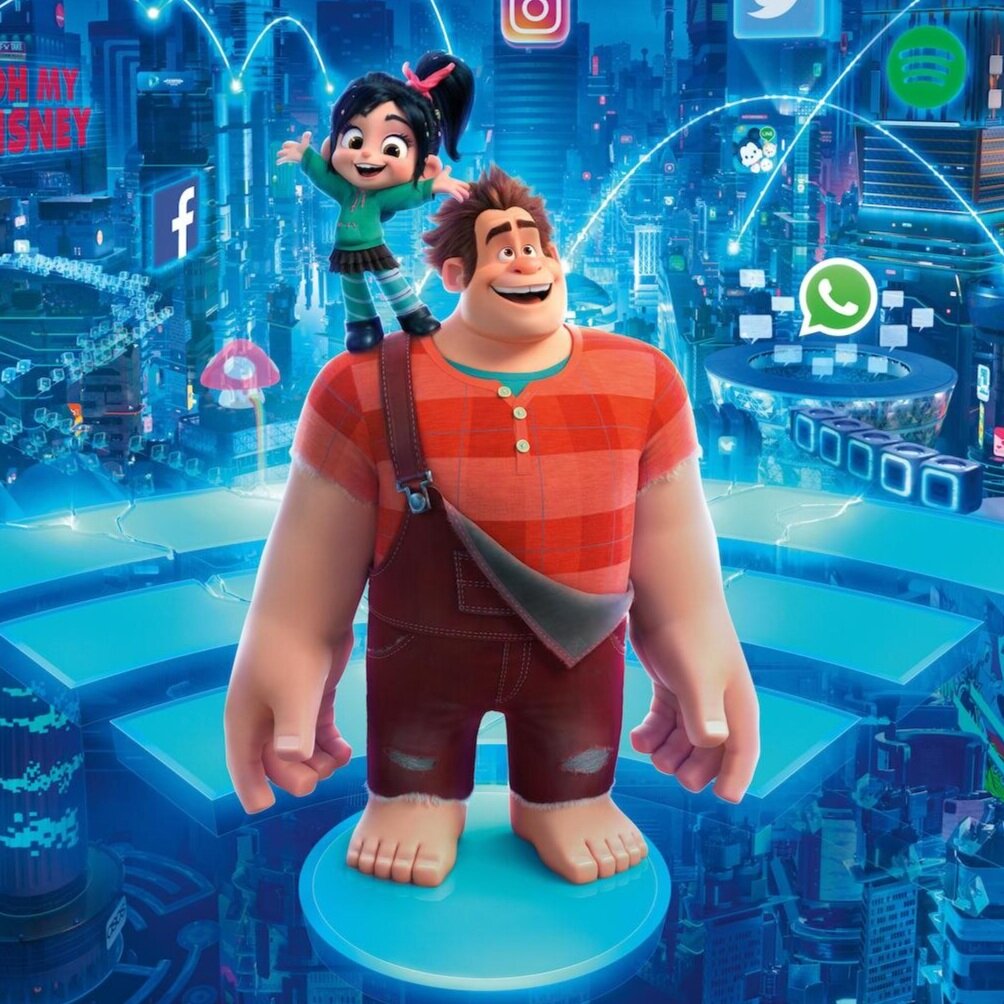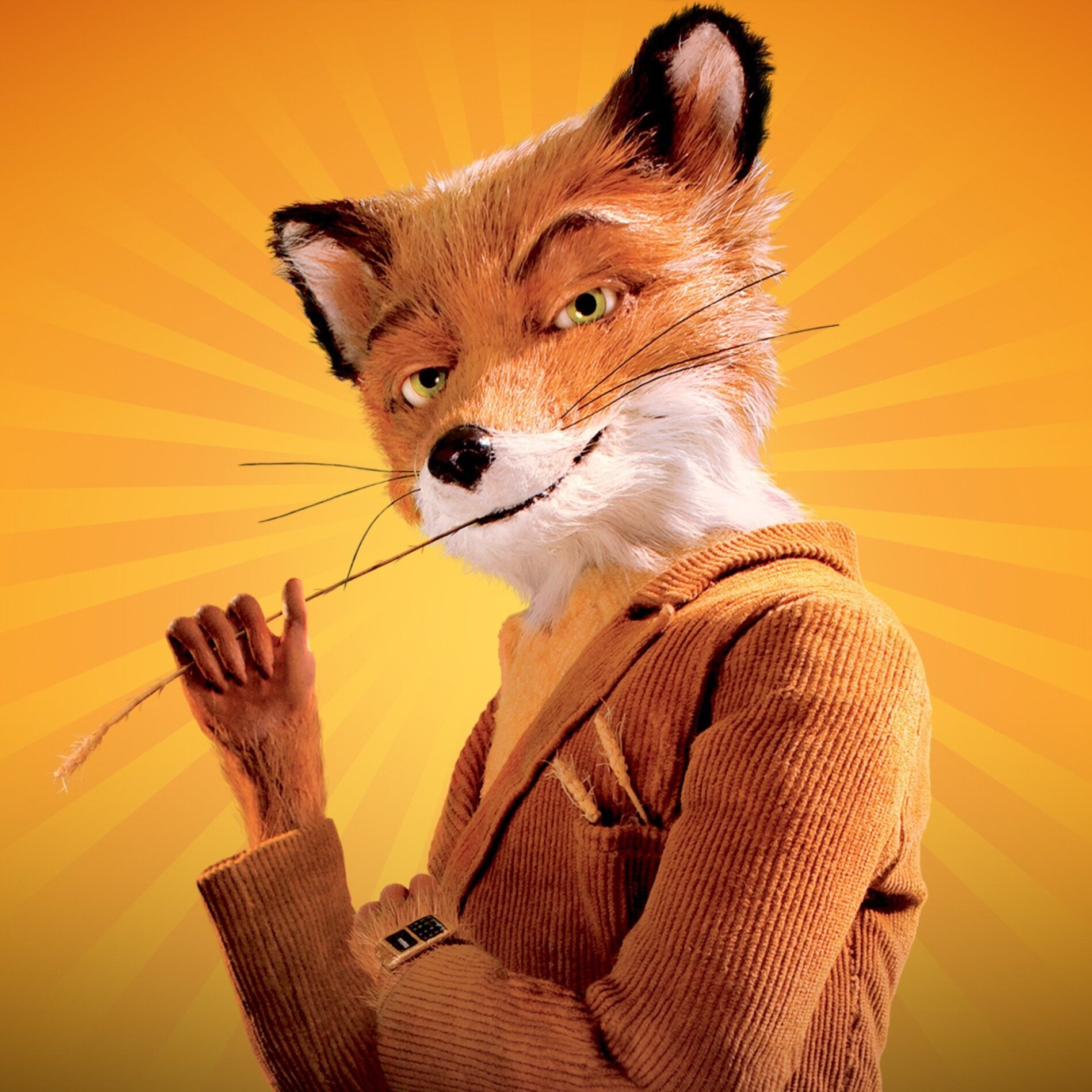Big Mouth Season 4 Review
I’m convinced Big Mouth is written by hyper-self-aware 13 year olds. It’s unapologetic in portraying some of the most embarrassing parts of growing up and its characters feel like honest middle schoolers — “I don’t like movies. I prefer watching YouTube 2 inches from my face,” says Nick. Over its four-season run, the Netflix animated series has perfectly captured the woes and wonders of puberty through inventive storylines and a signature raunchy humor that only preteens (and me, and all the reviewers who’ve given three seasons a perfect 100% on Rotten Tomatoes, and probably you) find funny. In season 4, each of Big Mouth’s flawed and lovable tweens work on forging their identities as adolescents, a struggle all of us can empathize with.
Where season 3 feels less cohesive, giving the characters unconnected storylines like the incest between Andrew and his Florida cousin and Nick’s obsession with his cell phone, season 4 re-centers its focus, namely on mental health. In typical Big Mouth fashion, there are plenty of dick jokes to go around, and one of the funniest bits is a musical number highlighting Andrew’s (John Mulaney) meticulous masturbation routine, which involves a Lululemon maternity catalogue. But there’s a nice balance struck between light humor and heavier plot lines, like Nick’s struggle with anxiety at summer camp. In the wake of his and Andrew’s fight, Nick worries that his old bunkmates favor Andrew over him, sending him crying into the woods. There, he’s introduced to Tito the Anxiety Mosquito, a pesky bug that echoes his worst fears back to him (“You’re gonna die a virgin! All alone!”) and multiplies into a swarm. And Tito harasses Andrew as well, plaguing him with obsessive thoughts when his grandfather dies immediately after he messes up his aforementioned pleasuring routine.
Tito the Anxiety Mosquito also teams up with the Depression Kitty to plague Jessi at her new private school, where she’s intimidated by the wealth and achievement of her classmates. Tito reinforces her own fears about her inferiority, and she begins skipping school and isolating herself from her friends and family. Big Mouth’s approach to illustrating mental illnesses works so well because it acknowledges them as very tangible threats. We get to hear the characters’ anxious thoughts through Tito and see the physical weight of Jessi’s depression when the cat perches itself on her body. Just like in the case of the Shame Wizard, these monsters become much more manageable when the characters acknowledge they’re all facing the same feelings. And although each of the characters feels these monsters’ presences in different contexts, Tito serves as a nice thread connecting Andrew, Nick, and Jessi throughout the season.
This season also faced the unique challenge of replacing Jenny Slate with Ayo Edebiri as the voice of Missy to more accurately represent Missy’s exploration of her racial identity. Slate keeps her position for most of the season, and voices Missy as she visits her Atlanta cousins who help reinforce her Black heritage (and ditch her overalls) and learns about code-switching from DeVon. Big Mouth acknowledges the dissonance in having a white actress voice her through this racial exploration, with Missy breaking the fourth wall to say, “My mom’s white, my dad’s Black, I’m voiced by a white actress who’s 37 years old.” Edebiri doesn’t make her debut until episode 9, when Missy realizes that all of her identities — racial, personality, and imaginary — can exist at once. Because the season had already been created with Slate’s voice, the transition comes late and isn’t seamless, but Edebiri’s entrance point lines up perfectly with Missy’s character arc.
Alongside these more crucial storylines, we still get to see plenty of secondary favorites: Coach Steve spends his 9/11 birthday at the memorial, which he’s convinced by Matthew is built for him; Nick’s parents partake in Jay’s sex cult in a futuristic dream sequence; and Marty Glouberman hands out bottles of hotel conditioner to children on Halloween. And characters who’ve served only as comic relief in the past become much more three dimensional. I was shocked when I felt empathy for Lola, who reveals her insecurity in telling Jay “I love you” — the writers imbue even the raunchiest and callous of characters with a heart.
Big Mouth matures alongside its characters in season 4, exploring some weighty topics with equal parts sophomoric humor. The storylines feel particularly genuine, bolstered by old and new cast voices, new lovable characters, and quips from the monsters we know and love. If you haven’t yet seen season 4 or are looking for a reason to rewatch, I’ll affirm that it only serves to solidify Big Mouth as one of the funniest and most candid shows on Netflix.


